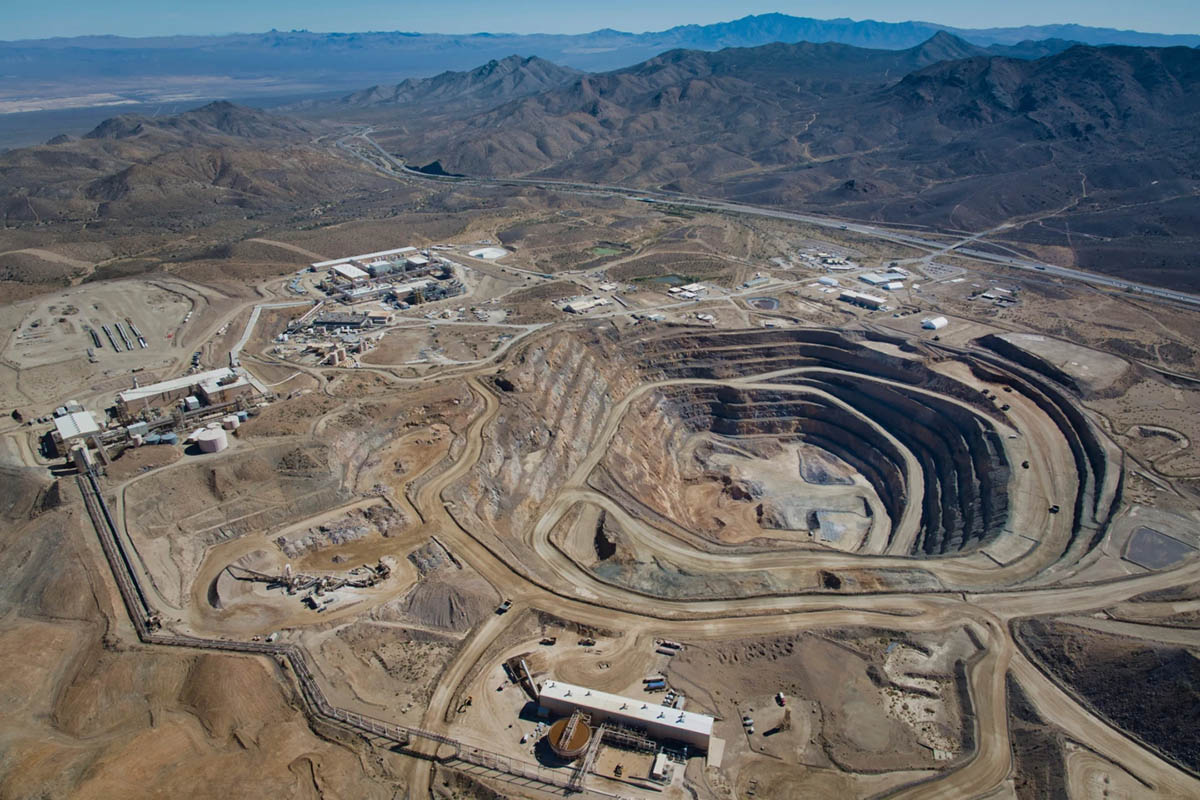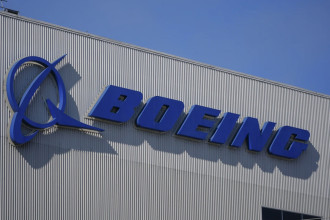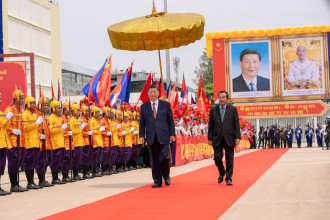
OMAHA, NEBRASKA: America’s only rare earths mine has received inquiries from anxious companies following China’s response to President Donald Trump’s tariffs by limiting exports of minerals used in military applications and high-tech devices.
Matt Sloustcher, spokesperson for MP Materials, which operates the Mountain Pass mine in California’s Mojave Desert, said the impact has been immediate based on the number of phone calls received.
The trade war between the world’s two largest economies could result in a critical shortage of rare earth elements if China maintains or expands its export controls. The California mine cannot meet all US demand for rare earths, prompting Trump to push for new mines.
Rare earth elements are vital for electric vehicles, powerful magnets, advanced fighter jets, submarines, smartphones, television screens, and other products. Despite their name, the 17 elements are not rare but are difficult to find in high enough concentrations to justify mining investments.
MP Materials, which acquired the Mountain Pass site in 2017, announced it would stop sending ore to China for processing due to export restrictions and 125% tariffs imposed by China on US imports. The company plans to process nearly half of its mined ore on-site and store the rest while expanding its processing capabilities.
Experts predict price increases for manufacturers relying on rare earth elements and critical minerals, although global supply may suffice for now. The California mine produces neodymium and praseodymium, essential for permanent rare earth magnets in EVs and wind turbines. However, heavy rare earths like terbium and dysprosium, restricted by China, are crucial for magnets to withstand high temperatures. Terbium prices have risen 24% since late March, reaching $933 per kilogram.
China dominates the rare earths market, producing 270,000 metric tons last year compared to 45,000 tons mined in the US. China supplies nearly 90% of the world’s rare earths and houses most processing facilities. Restrictions imposed by Beijing on April 4 require special licences for exporting seven heavy rare earths and some magnets.
Trump has unsuccessfully attempted to secure rare earths from Greenland and Ukraine. Last month, he signed an executive order to streamline permit approvals for new mines and encourage investments. Companies like NioCorp and US Critical Minerals are developing mines in Nebraska and Montana, aiming to reduce US dependence on China.
MP Materials is expanding its processing capabilities with $45 million received during Trump’s first administration. However, the company currently lacks the ability to process heavy rare earths restricted by China.
Major US automakers and defence contractors, including Boeing and Lockheed Martin, have declined to comment on their dependence on rare earths. Trump issued an executive order to investigate the national security implications of reliance on China for these elements.
Battery manufacturers may face shortages of key elements within weeks. Antimony prices have more than doubled since China restricted exports last year. Automakers may initially absorb increased battery costs without raising vehicle prices, but this may not be sustainable if restrictions persist.
The US relied on domestic sources for rare earths until the late 1990s, when low-cost Chinese ores flooded global markets. Demand for raw materials has surged due to advancements in robotics, drones, and other technologies.
NioCorp plans exploratory drilling in Nebraska this summer to secure funding for its project, while US Critical Minerals aims to test processing methods in Montana. Both projects are years away from operation.
By RSS/AP






